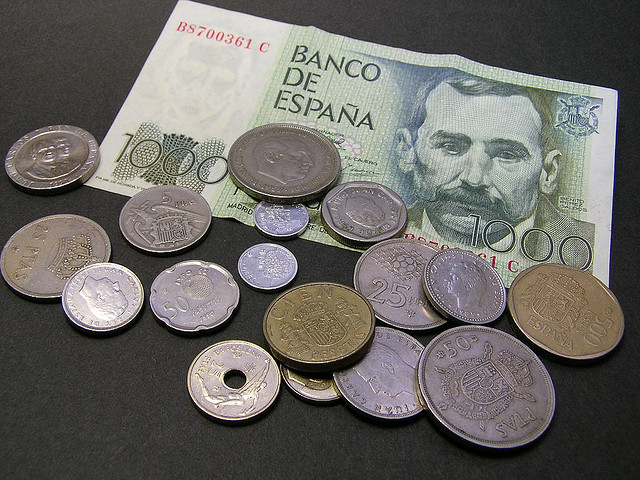5 Tips to Consider Before Going On a Cheap Trip to Europe

Europe is usually considered to be the Godzilla of expensive holiday destinations. Backpackers tell horror stories of being broke and stranded in Oslo, one of the most expensive cities to live in, let alone travel. While guides with titles like ‘Europe on $30 a Day’ are likely to give some hope to travelers looking for a cheap holiday in Europe, it still becomes important to manage your finances well and research ways to save. Here are some tips on traveling in Europe and the attendant money matters.
1. Know what they call the cash machine. In France they call it the distributeur, in the UK, a cashpoint. Nearly everywhere else in Europe, ask for a Bankomat and you should be shown the nearest ATM machine. In most places in the world today, and especially in Europe, you’ll find ATM machines the easiest and cheapest access to local currency. They all work like your home cash machines with English instructions. No one uses travelers’ checks anymore. Why should they, with banks making it so easy with universal ATM machines at most major destinations?
2. Don’t be stranded in a country where your card doesn’t work. Before you leave for your vacation, make sure that you find out from your bank or credit-card company whether your cards will work in the European country you’re going to. This is to make sure you don’t have your foreign transactions declined. Also, inform your bank that you’ll be spending in Europe, or else they may freeze your card if they detect unusual spending patterns. One thing I always do is set up a bank account in countries I frequent, allowing for a seamless transfer of funds between countries. With a reliable company, you can take advantage of 0% balance transfer on from your old credit card – incredibly useful when trying to avoid extra fees.
3. Don’t be surprised by fees. Make sure that you find out what fees your bank or credit card company charges for transactions abroad. These will include fees for debit card withdrawals and fees for credit card purchases. Find out if the fees are a flat fee or a percentage of the transaction amount or a combination of both. If there’s a flat fee, visit the ATM less often on your holiday and withdraw large sums each time. Also find out if there are any other currency conversion fees or other foreign transaction fees added to the purchase. You don’t want to return home after your holiday having exhausted your holiday funds, to find more expenses waiting for you.
4. Avoid dynamic currency conversions. Some merchants in Europe, knowing that you may be intimidated by foreign currencies, blissfully tack on a fee for converting their prices to dollars (often based on poor exchange rates) before your credit card is charged. This means you can very well get back home to find you’ve paid more than you thought you had. You have the right to decline the convenience of being charged in dollars, and avoid this sneaky fee. Pay in the local currency. If you’re given a receipt with a total in dollars and a total in the local currency, circle the latter and then sign.
5. Don’t forget to claim your tax refunds. It’s a fact that people leave millions of dollars of unclaimed refundable sales taxes each year when they leave Europe after their holiday. Most people can’t be bothered with the hassle, but the fact is, there is none. All you have to do is take your passport along for your shopping spree, get the refund document or ‘cheque’ from the merchant, and when you leave the country, locate the right people at the airport or border while you wait for your transport out.
Happy travels!
CC Tamaki


Wed, Apr 24, 2013
Budget Travel Advice